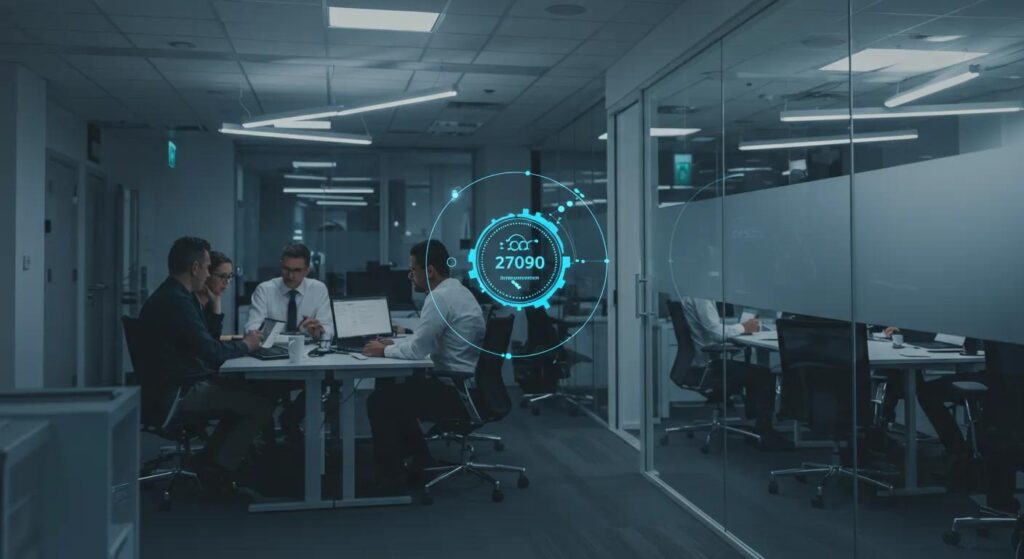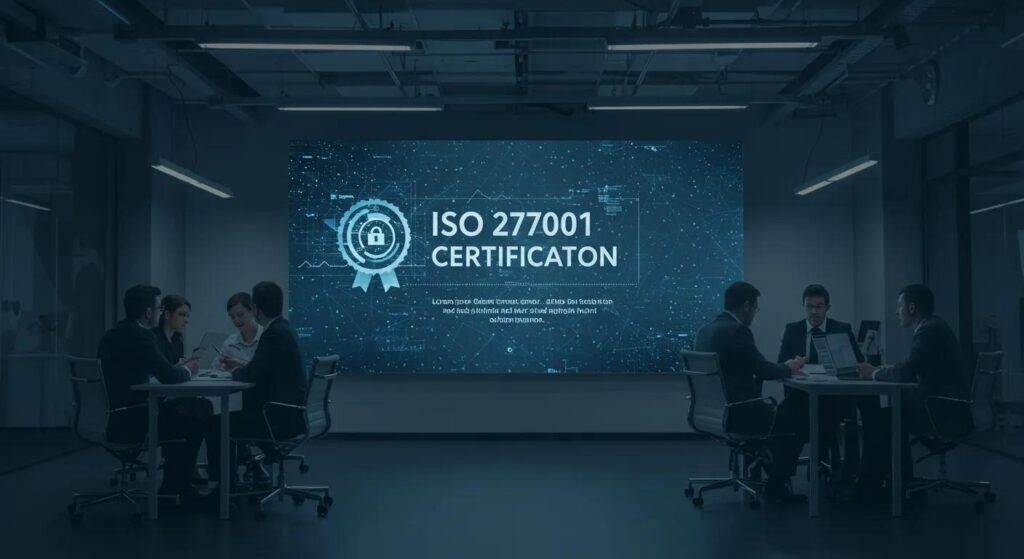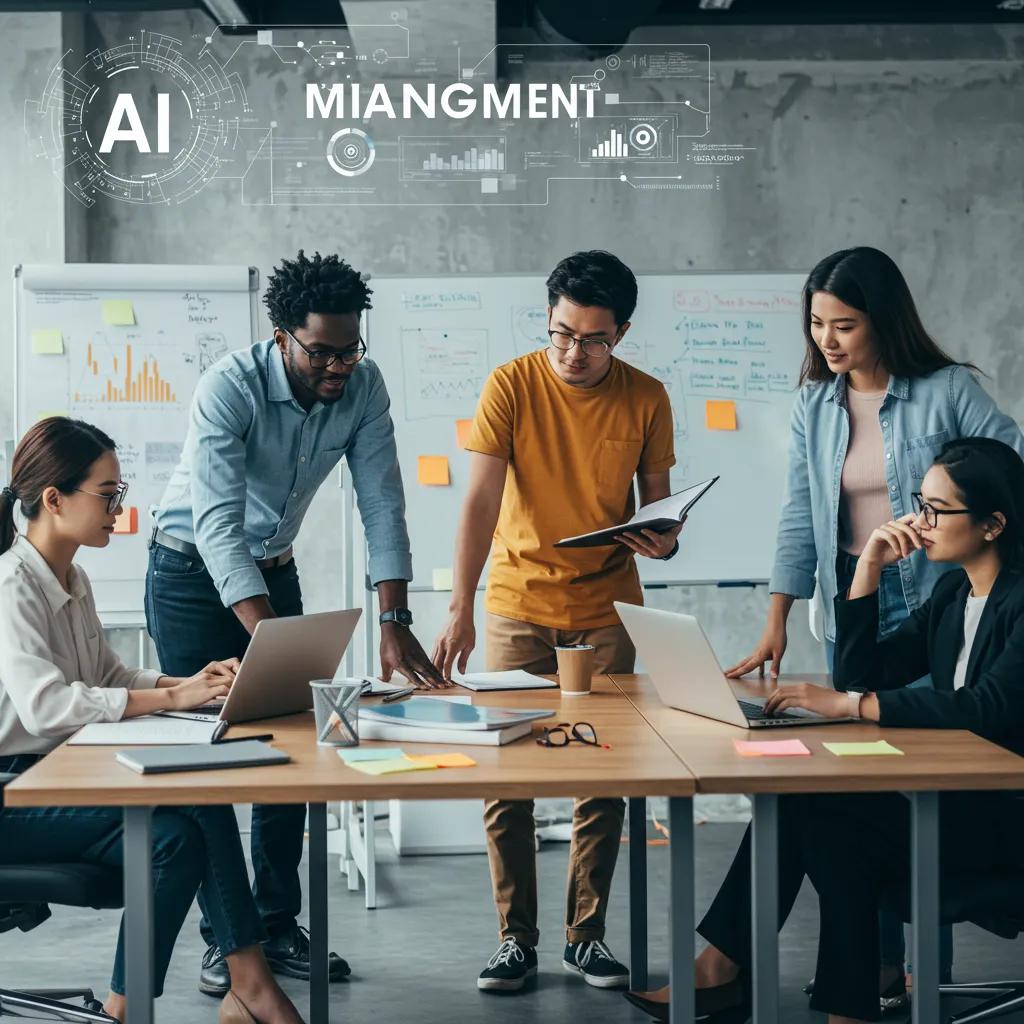Understanding ISO 21001: An Overview
ISO 21001 is an international standard that outlines the requirements for a management system for educational organizations. This standard aims to improve the educational process and ensure that institutions are effectively meeting the needs of learners and other stakeholders.
By implementing ISO 21001, educational organizations can enhance their operational efficiency, improve student satisfaction, and foster a culture of continuous improvement. This standard is particularly beneficial for institutions looking to align their educational outcomes with global best practices.
Benefits of Implementing ISO Standards in Education
Implementing ISO standards, such as ISO 21001, provides numerous benefits for educational institutions, including increased credibility, improved efficiency, and enhanced stakeholder satisfaction. These standards help organizations streamline processes and ensure consistency in the quality of education provided.
For example, institutions that adopt ISO standards often experience higher enrollment rates due to improved reputation and trust among prospective students. Additionally, the systematic approach encouraged by these standards can lead to better resource management and reduced operational costs.
Challenges in Adopting ISO 21001
While the adoption of ISO 21001 can bring significant improvements, educational organizations may face challenges during the implementation process. These challenges can include resistance to change among staff, the need for extensive training, and the potential for increased administrative workload.
To overcome these challenges, institutions should focus on fostering a culture of quality and continuous improvement. Engaging stakeholders in the process and providing adequate training can help mitigate resistance and ensure a smoother transition to ISO-compliant practices.
Future Trends in Educational Certification
The landscape of educational certification is continually evolving, driven by advancements in technology and changing educational needs. Future trends may include increased reliance on digital credentials, competency-based education, and a greater emphasis on personalized learning experiences.
As educational institutions adapt to these trends, certifications like ISO 21001 will likely evolve to incorporate new methodologies and technologies. Staying ahead of these changes will be crucial for institutions aiming to maintain their competitive edge and meet the expectations of modern learners.









